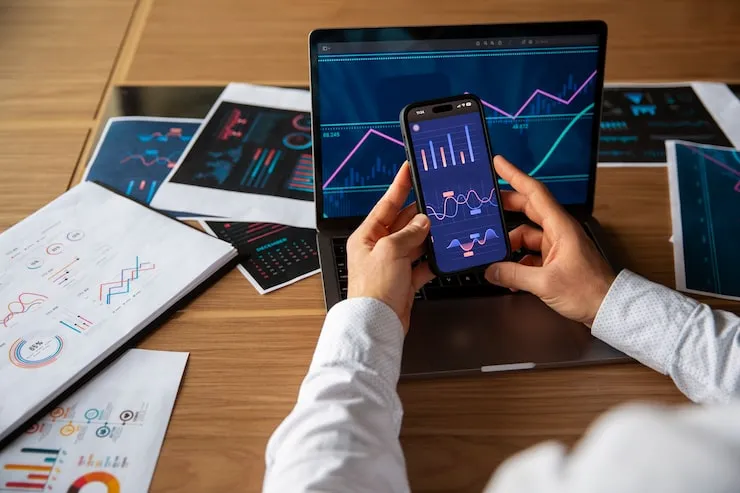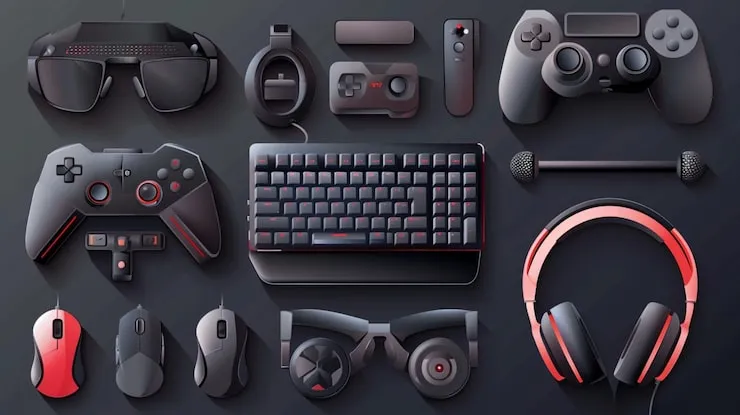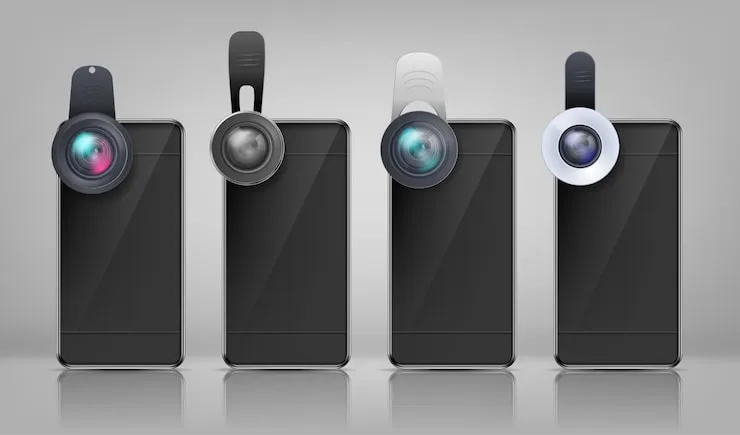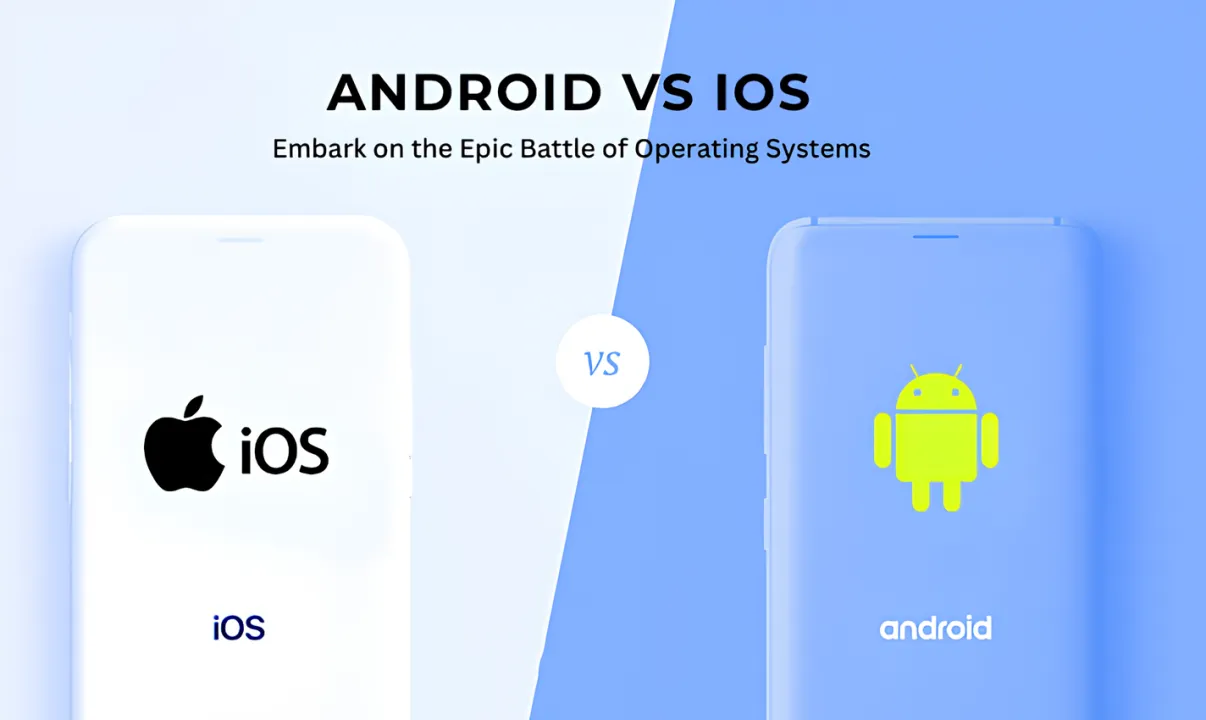In the ever-evolving world of innovation, the wrangle about over Android vs iOS contraptions proceeds to heightening in 2025. Whether you’re buying a modern smartphone, tablet, or smartwatch, choosing between these two driving versatile working frameworks is frequently the first—and most crucial—decision. This article presents an in-depth tech comparison of Android vs iOS gadgets contraptions, highlighting the most recent highlights, masters and cons, and what clients can anticipate from each ecosystem.
1. Working Framework Overview
Android is an open-source working framework created by Google and utilized by a assortment of producers such as Samsung, OnePlus, and Xiaomi. In differentiate, iOS is Apple’s exclusive working framework, accessible only on Apple gadgets like the iPhone, iPad, and Apple Watch.
- Android Qualities: Customization, equipment assortment, broader cost range
- iOS Qualities: Consistent integration, standard upgrades, optimized hardware-software synergy
In 2025, Android 14 and iOS 18 overwhelm the showcase, advertising improved AI highlights, made strides security controls, and superior gadget performance.
2. Client Interface & Customization
When it comes to client interface (UI), iOS is known for its clean, reliable, and instinctive format. Apple centers on a moderate approach that offers to clients who lean toward straightforwardness and elegance.
On the other hand, Android gadgets offer profound customization. From widgets to launchers, you can change about each component of the interface. Android too bolsters third-party app stores and default apps, giving clients more freedom.
Verdict:
- Android wins in customization.
- iOS wins in straightforwardness and UI consistency.
3. Equipment Assortment & Design
Android overwhelms the advertise in terms of equipment assortment. Customers can choose between ultra-premium phones like the Google Pixel 9 Professional and the Universe S25 Ultra, as well as more affordable versions. Distinctive producers bring interesting plans, camera frameworks, and features.
iOS contraptions, restricted to Apple’s lineup, have less alternatives but provide high-end construct quality, reliable upgrades, and great resale esteem.With its titanium construction and Apple's A19 Bionic chip, the iPhone 16 Master Max in 2025 is one of the most powerful devices on the market.
Verdict:
- Android offers assortment and affordability.
- iOS offers premium quality and integration.
4. App Environment & Store Experience
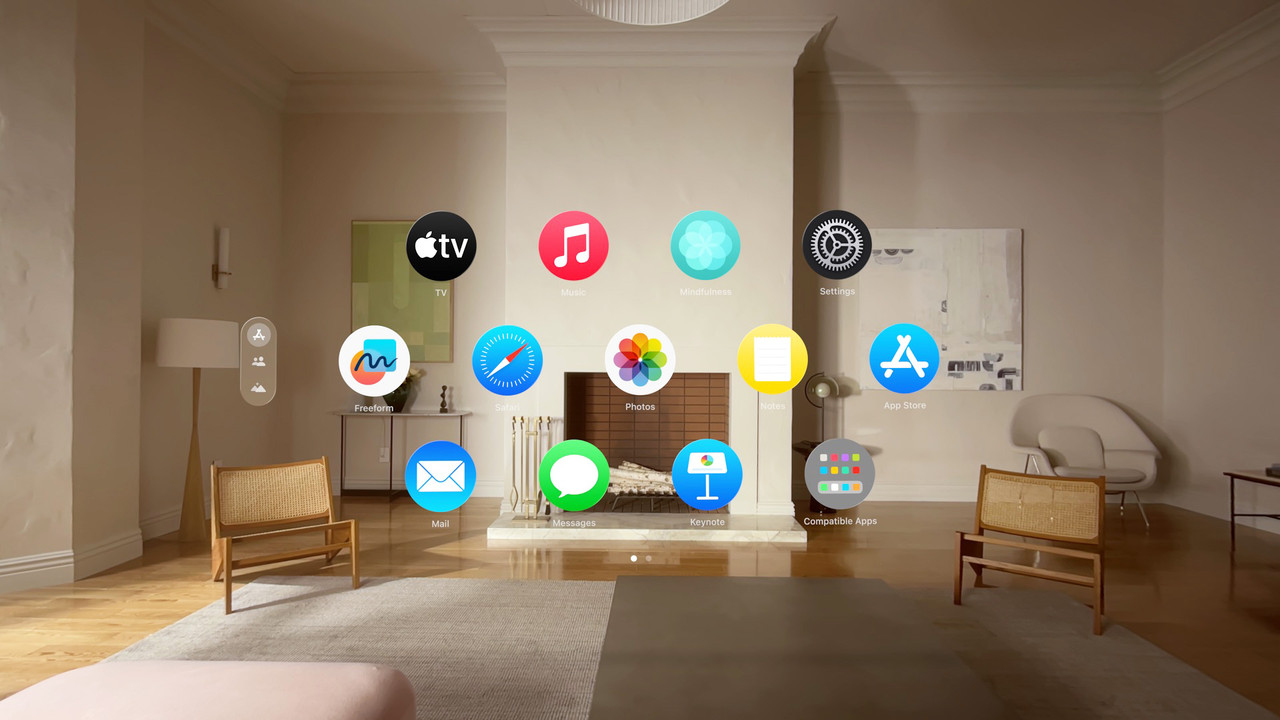
When it comes to the app environment, both stages back millions of apps. Be that as it may, Apple’s App Store is regularly seen as more secure, with stricter rules and less bloatware.
Google Play Store offers more assortment and regularly gets exploratory apps speedier. Android too permits sideloading of apps—something iOS entirely restricts.
Notable Points:
- App upgrades frequently arrive on iOS to begin with due to consistency in hardware.
- Android clients benefit from early beta testing and more extensive app compatibility.
Verdict:
- iOS for security and stability.
- Android for adaptability and early access.
5. Program Upgrades & Longevity
Apple exceeds expectations in giving long-term program back. Indeed gadgets that are five or six a long time ancient still get iOS upgrades. This guarantees moved forward life span and security over time.
Android overhauls depend intensely on the producer. Whereas Google Pixel phones get convenient upgrades, other brands may slack or give shorter overhaul cycles.
In 2025:
- iOS 18 bolsters iPhones as ancient as iPhone X.
- Though consistency varies, Android 14 offers far superior overhaul approaches.
Verdict:
iOS wins in program upgrade life span and consistency.
6. Security & Privacy
Apple puts protection and security at the cutting edge. iOS 18 incorporates on-device AI for private preparing, progressed Confront ID, and full app following transparency.
With features like more grounded sandboxing, Private Compute Center, and real-time hazard checking via Play Ensure, Android has advanced overall. In any case, its open-source nature still makes it more powerless to certain threats.
Verdict:
- iOS is more secure and private by default.
- Android gives clients control but requires proactive management.
7. AI and Keen Features
In 2025, AI-powered highlights have taken center organize. Apple has coordinates its modern Apple Insights framework into iOS 18, advertising more astute Siri, relevant proposals, and AI-generated substance summaries.
With the help of Google Gemini AI, Android 14 offers enhanced voice commands, intelligent responses, real-time interpretation, and AI-assisted photography.
Verdict:
- Android's AI features are more advanced and open.
- iOS offers consistent, privacy-focused AI experiences.
8. Battery Life & Charging
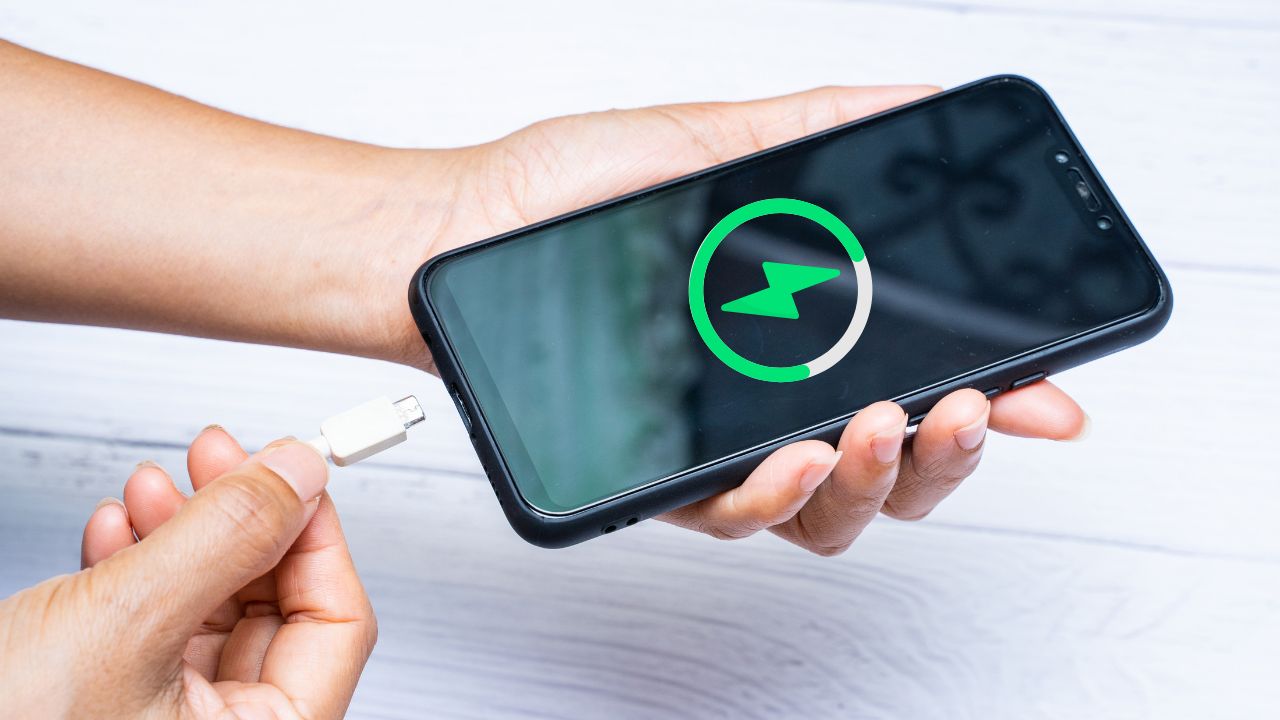
Android phones in 2025 offer quicker charging speeds (up to 120W wired and 80W remote), bigger batteries, and versatile battery administration systems.
iPhones, in spite of the fact that progressing, still slack behind in charging speed but exceed expectations in battery optimization and control productivity due to tight integration between computer program and hardware.
Verdict:
- Android wins on charging speed and battery size.
- iOS wins on battery wellbeing and long-term efficiency.
9. Environment Integration (Smartwatch, Tablet, Keen Home)
Apple’s biological system is unmatched. From MacBooks to AirPods to Apple Observe, the integration is consistent. Highlights like Handoff, AirDrop, and Progression make multitasking over gadgets effortless.
Despite advancements with Google's Pixel line, Samsung DeX, and Google Domestic, Android's biological system still requires the same degree of coordination and refinement.
Verdict:
- iOS is best for clients as of now in Apple’s ecosystem.
- Android is way better for adaptability over diverse brands.
10. Cost & Esteem for Money
Android contraptions come in each cost run. Whether you require a $150 phone or a $1,500 lead, Android has something for everybody. This inclusivity makes it perfect for a worldwide market.
Apple items are premium-priced, with less choices beneath $500. Be that as it may, they hold higher resale esteem and have superior longevity.
Verdict:
- Android wins in reasonableness and variety.
- In terms of high quality and long-term respect, iOS prevails.
Read More:- Top AI-Powered Smart Devices to Watch in 2025
Conclusion
The tech comparison of Android vs iOS gadgets down to client inclination. If you need customization, assortment, reasonableness, and cutting-edge AI highlights, Android contraptions are your go-to alternative. If you esteem protection, security, life span, and consistent integration over gadgets, iOS contraptions stay unbeatable.
Select Android if:
- You need esteem for money
- You lean toward equipment variety
- You appreciate customizing your device
Select iOS if:
- You require dependable long-term updates
- You prioritize security and privacy
- You’re as of now in the Apple ecosystem
FAQs:
Q1. Which is more secure: Android or iOS?
iOS is by and large more secure due to its closed biological system and strict app policies.
Q2. Do Android phones final as long as iPhones?
iPhones tend to final longer due to way better program back, in spite of the fact that high-end Android phones are catching up.
Q3. Can I switch from Android to iOS easily?
Yes, apparatuses like Apple’s “Move to iOS” app disentangle the process.
Q4. Which has way better AI highlights in 2025?
Android as of now leads with Google Gemini AI, but Apple is narrowing the crevice with Apple Insights.

